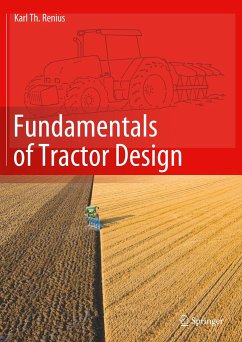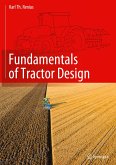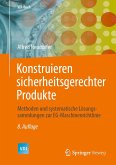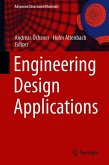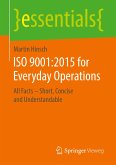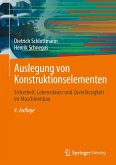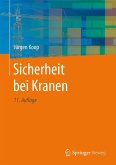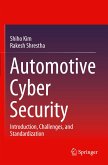This textbook offers a comprehensive review of tractor design fundamentals. Discussing more than hundred problems and including about six hundred international references, it offers a unique resource to advanced undergraduate and graduate students, researchers and also practical engineers, managers, test engineers, consultants and even old-timer fans. Tractors are the most important pieces of agricultural mechanization, hence a key factor of feeding the world. In order to address the educational needs of both less and more developed countries, the author included fundamentals of simple but proved designs for tractors with moderate technical levels, along with extensive information concerning modern, premium tractors. The broad technical content has been structured according to five technology levels, addressing all components. Relevant ISO standards are considered in all chapters. The book covers historical highlights, tractor project management (including cost management), tractionmechanics, tires (including inflation control), belt ground drives, and ride dynamics. Further topics are: chassis design, diesel engines (with emission limits and installation instructions), all important types of transmissions, topics in machine element design, and human factors (health, safety, comfort). Moreover, the content covers tractor-implement management systems, in particular ISOBUS automation and hydraulic systems. Cumulative damage fundamentals and tractor load spectra are described and implemented for dimensioning and design verification. Fundamentals of energy efficiency are discussed for single tractor components and solutions to reduce the tractor CO2 footprint are suggested.

